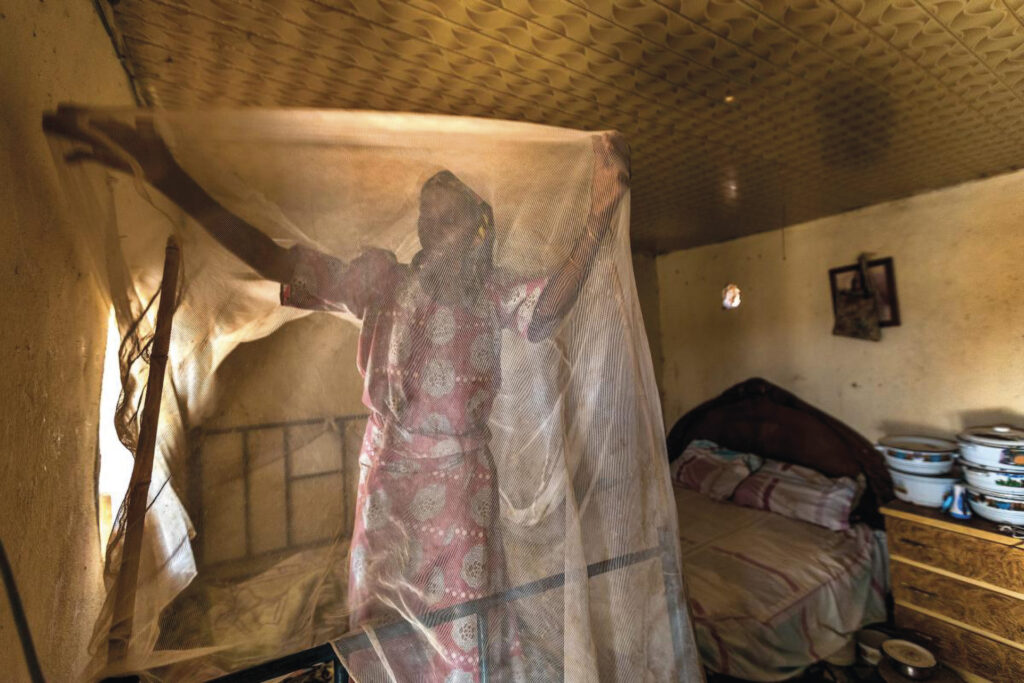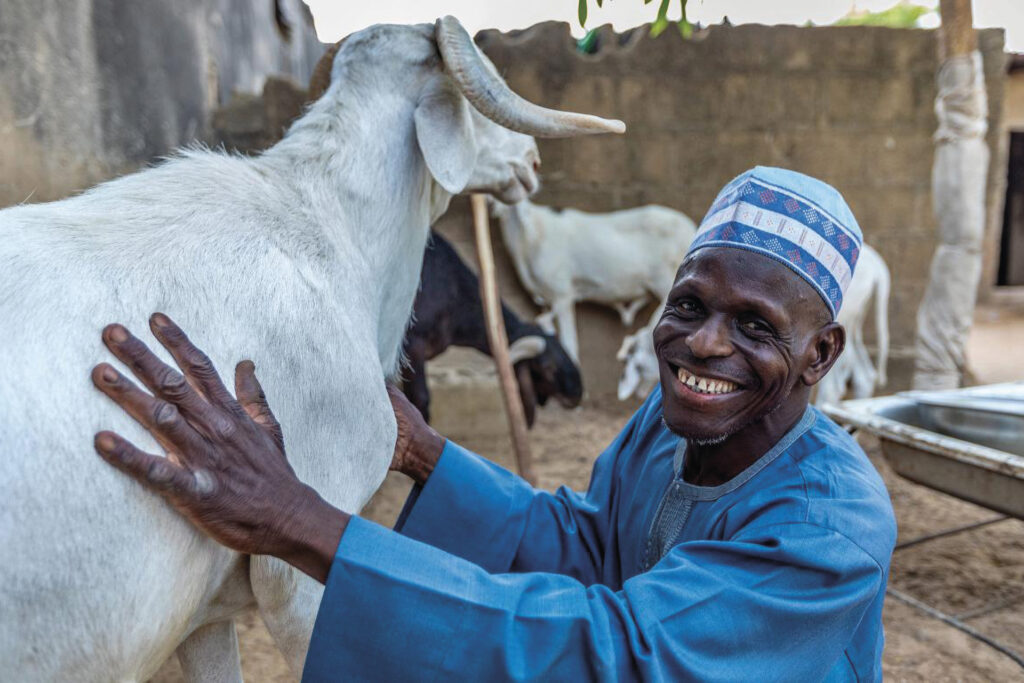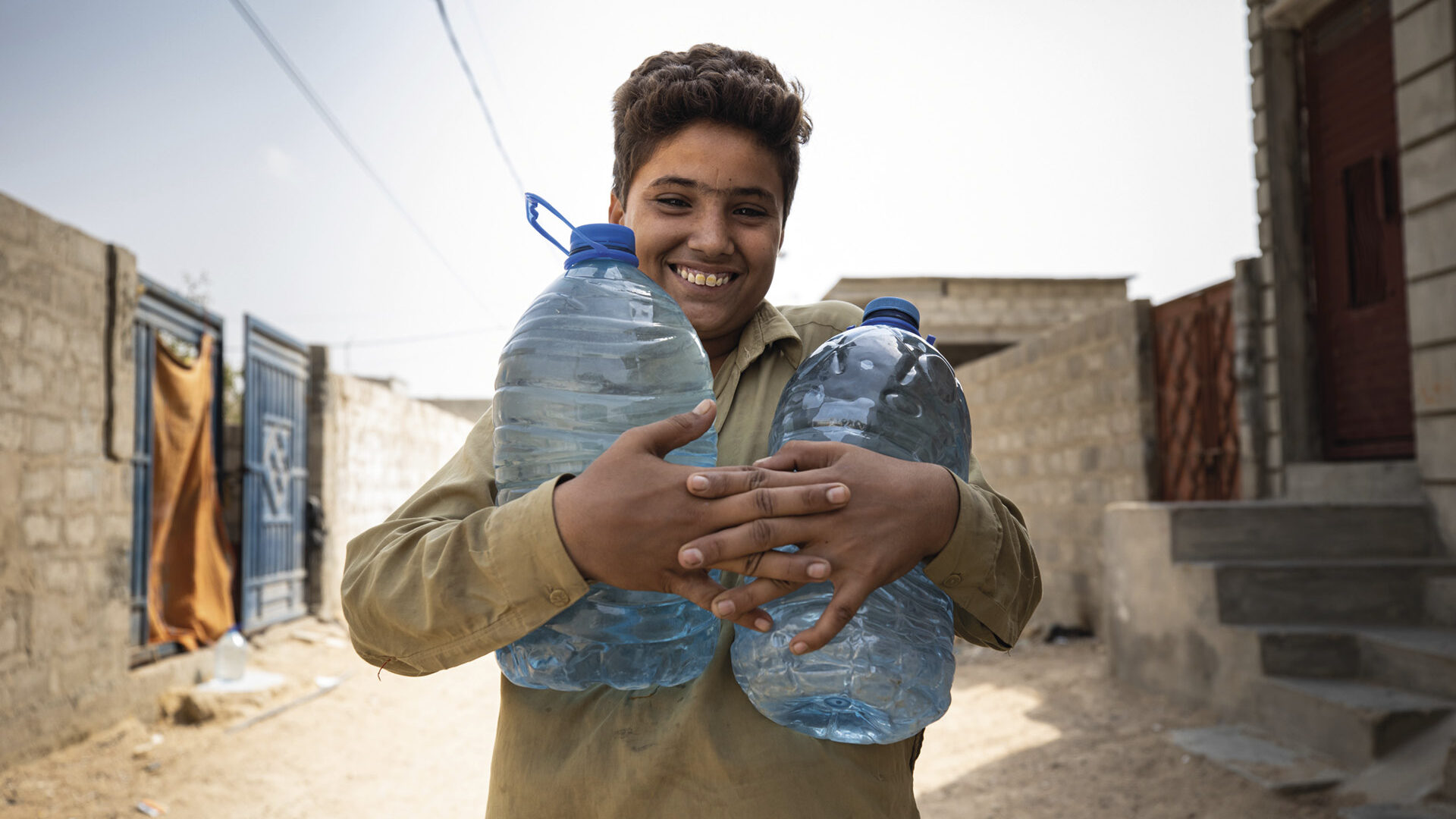PDG Murray Verso, Rotary International Zone 8 End Polio Now Coordinator
The legacy of PolioPlus is much more than eradicating a deadly disease from the planet – it is also building stronger health systems, enhancing Rotary’s networks and reputation, and potentially leading to a larger global Rotary membership.
Have you ever wondered what the ‘plus’ in PolioPlus refers to and how the term came about? When we talk about PolioPlus, we know we are eradicating polio, but what additional benefits does the program bring?
At the Rotary International Assembly held in Nashville, Tennessee, in February 1985, RI President Carlos Canesco, announced that the World Health Organisation had endorsed Rotary’s bold plan for an effective oral polio vaccination program. Rotary’s ‘Polio 2005’ commitment was to eradicate polio worldwide by the time of its 100th birthday in 2005.
However, a few months later it was decided to add ‘plus’ to reflect the inclusion of other health conditions, as well as polio, in the program. The Polio 2005 program became PolioPlus – To Immunise the Children of the World.
In practice, the ‘plus’ part of the polio eradication campaign varies from place to place depending on what is seen as a local need. This may include disease prevention and responding to disease outbreaks, as well as enhancing health care in needy communities.

PICTURED: To help combat high rates of malaria in Borno, Nigeria, insecticide-treated bed nets are often distributed for free during polio immunisation events. (Photo: Andrew Esiebo)
Disease prevention
Rotary’s focus on water and sanitation projects is an excellent example of disease prevention. The poliovirus spreads through human waste, so making sure people aren’t drinking or bathing in contaminated water is critical to eradicating the disease. The thousands of clean water and sanitation projects worldwide that Rotary has completed have decreased the amount of poliovirus in wastewater systems and protected children from many other waterborne diseases.
Vitamin A is essential for the functioning of the immune system and the healthy growth and development of children. It is usually acquired through a healthy diet
A lack of vitamin A causes childhood blindness, increases the risk of death from common childhood infections such as measles and gastroenteritis, and also impairs the effectiveness of oral polio vaccine. Vitamin A deficiency affects about one in three children in sub-Saharan Africa and South-East Asia. For these reasons vitamin A drops are now given at the same time as the polio drops.
Responding to disease outbreaks
During a 2018 yellow fever outbreak in Nigeria, the polio health workers vaccinated eight million people against that disease.
Rotary has helped to equip and staff numerous laboratories worldwide to identify polio cases and they have also been used to support the identification and treatment of other diseases including Ebola in Nigeria in 2014 and COVID-19 in 2020. The surveillance of rubella, meningitis and influenza have also been undertaken in these laboratories.

PICTURED: After receiving a hand-operated tricycle funded through Rotary’s PolioPlus program, Nigerian farmer Musa Muhammed Ali, a polio survivor, no longer has to pay for transportation to buy feed for his animals. (Photo: Andrew Esiebo)
Enhancing health care
Rotary has built relationships and created trust among government, religious and community leaders in countries around the world. These relationships lead to humanitarian service projects and, by strengthening health systems, have increased routine healthcare and immunisation of children. Improved surveillance systems have been used to identify the polio virus as well as other communicable agents.
Equipping and staffing 146 laboratories worldwide will leave a permanent legacy to Rotary’s polio eradication efforts.
PolioPlus grants have built an infrastructure for delivering health care that, in many parts of the world, didn’t exist before.
We have created thousands of jobs including temporary jobs for polio vaccinators, permanent healthcare professional jobs, and jobs for polio survivors. In addition, many of the 20 million children who have been spared the paralysis of polio are now better prepared to be more productive citizens.
MAIN PICTURE: Through the PolioPlus program, water filtration plants were installed in Karachi, Pakistan, to help tackle polio in one of the last remaining polio
reservoirs on the planet.
